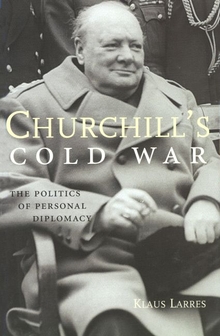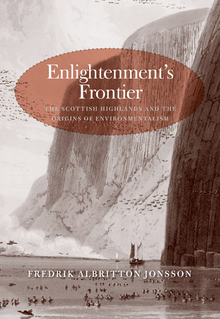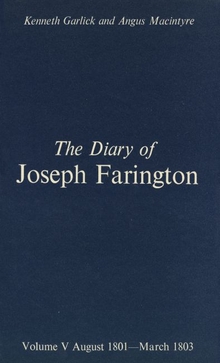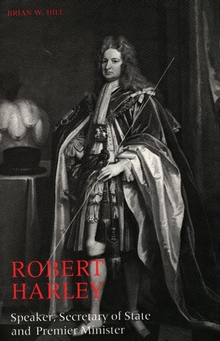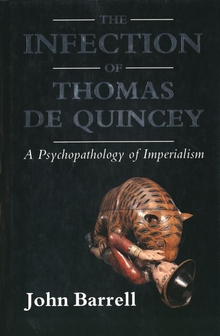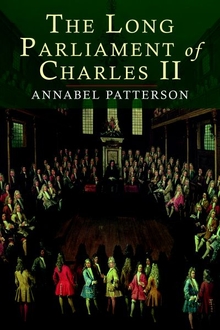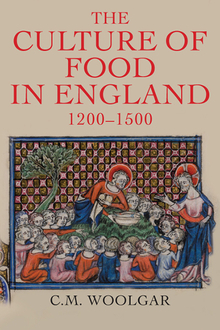The Senses in Late Medieval England
WARNING
You are viewing an older version of the Yalebooks website. Please visit out new website with more updated information and a better user experience: https://www.yalebooks.com
C. M. Woolgar
"The author deals with a fascinating topic in creative ways. Woolgar has a vast familiarity with primary sources, as well as with existing secondary literature. . . . This is a fine study, and it will be an excellent addition to undergraduate as well as graduate libraries."—Susan Mitchell Sommers, The Historian
Crucial to an understanding of life in the past is an appreciation of how individuals perceived their world. This book captures the sights, sounds, smells, tastes, and textures of the late medieval period to recreate and explain the kinds of lives lived then. Based on a wide range of sources, from saints' lives, collections of miracles, and literary works to domestic financial records and the remains of buildings, the book reveals a physical experience unlike our own. And it was a world that thought differently, one in which the luster of a color might be more important than its hue, and where moral qualities might attach to sound.
As well as examining individual senses, the book considers how sensation functioned in practice—in the households of bishops of the thirteenth and early fourteenth centuries, of the queens of late medieval England, and of the aristocracy at the end of the Middle Ages. Woolgar's deft and scrupulous text recovers an elusive and fascinating world.
As well as examining individual senses, the book considers how sensation functioned in practice—in the households of bishops of the thirteenth and early fourteenth centuries, of the queens of late medieval England, and of the aristocracy at the end of the Middle Ages. Woolgar's deft and scrupulous text recovers an elusive and fascinating world.
C. M. Woolgar is reader and head of special collections at the University of Southampton Library. He is the author of The Great Household in Late Medieval England, published by Yale University Press.
"Woolgar draws together a compelling account of the sights, sounds and smells of the Middle Ages... {a}deeply enjoyable and accessible book."---Mark Ormrod, BBC History Magazine
"...wide-ranging and copiously illustrated...a great emptying out of file cards and interesting facts, delivered in prose that is invariably clear, precise and uncontaminated by jargon." --- Nicholas Vincent, The Tablet
"It can be difficult to bring such brief, dry records to life, but Woolgar interprets them vividly...He writes in a brisk style and provides, courtesy of the ever-generous Yale University Press, many pretty and always helpful illustrations." - Daniel Wakelin, Journal of Ecclesiastical History
"Beginning with an expansive presentation of the essentially Augustinian traditional view of the soul and its cognition of sensory stimuli, Woolgar concludes from this that medieval understanding of the senses was enveloped with moral implications. . . . Intellectual historians have much to digest, and all readers will delight in the book's wonderfully illustrated pages."—Choice
"Woolgar does a wonderful job of showing how changes in material culture, especially in elite households, helped rework the functioning of various senses, and he is especially revealing when it come to tracing the accommodation by the church to changes in the sensorium. . . . No review can do justice to the extraordinary research and empirical texture of [this] book."—Mark M. Smith, Winterthur Portfolio
"A pathbreaking work, one that will be essential reading for all who investigate the intellectual and sensory of the later Middle Ages."—Martha Carlin, American Historical Review
"[The] breadth and diversity of [the book's] material make it a work of substantial value, offering not only a starting point but also a place to which one will frequently want to return."—Valerie Allen, Speculum: A Journal of Medieval Studies
ISBN: 9780300206050
Publication Date: November 5, 2013
Publication Date: November 5, 2013
336 pages, 7 3/4 x 9 1/4
60 b/w; 30 col
60 b/w; 30 col


